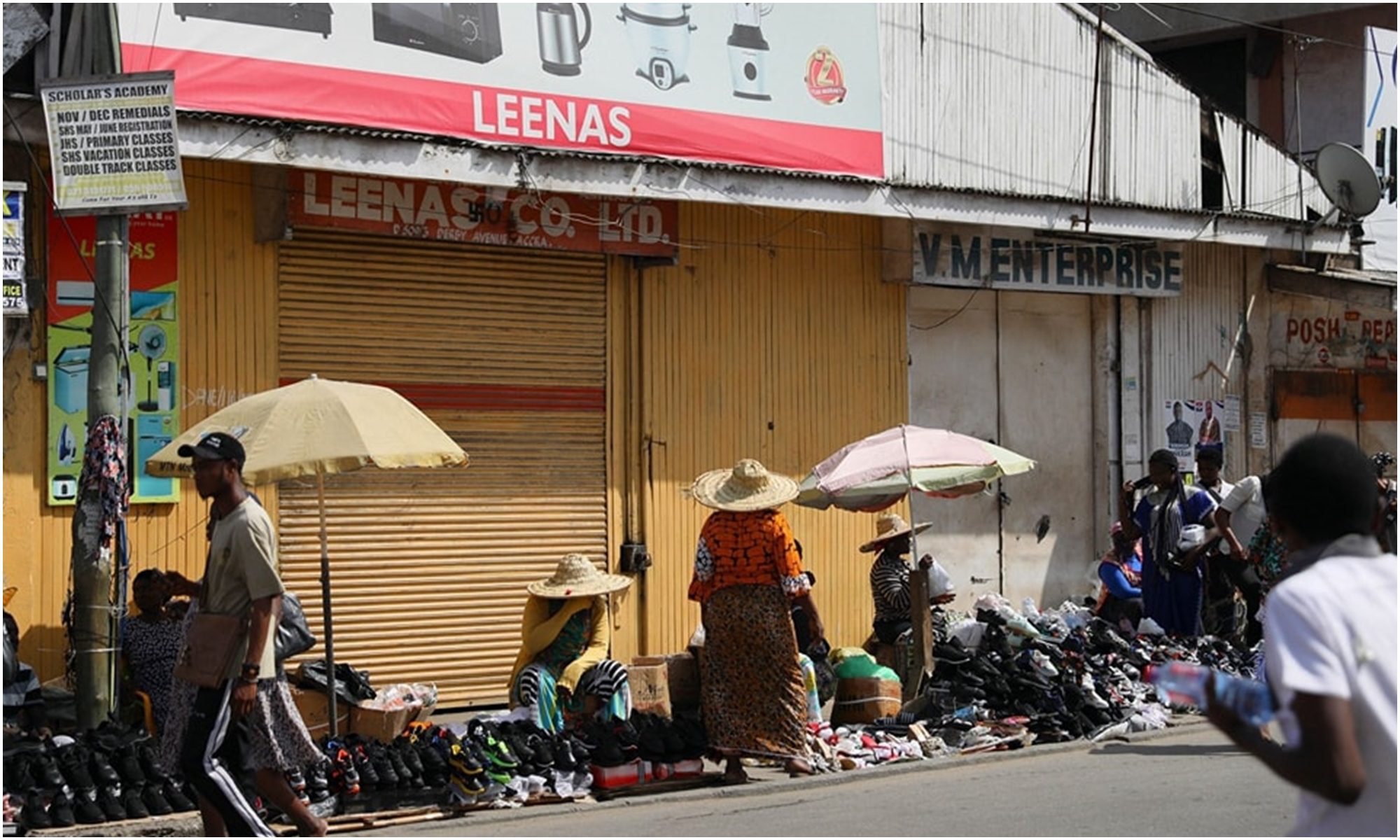 Ghana’s cedi is heading for its biggest decline in 22 years as the currency depreciates by 9.6%.
Ghana’s cedi is heading for its biggest decline in 22 years as the currency depreciates by 9.6%.As talks with local bondholders remain shaky, Ghana’s cedi continues to suffer the largest annual loss against the dollar. The foreign investor exodus brought on by doubts about Ghana’s ability to service its debt is one factor in the cedi’s decline against the dollar this year.
This month, Ghana established a committee to have discussions with domestic bond holders to gather feedback for a debt management plan that would direct talks with the International Monetary Fund. As part of an IMF extended loan facility program, the nation is hoping to obtain up to $3 billion in order to strengthen its finances and reclaim access to international capital markets.
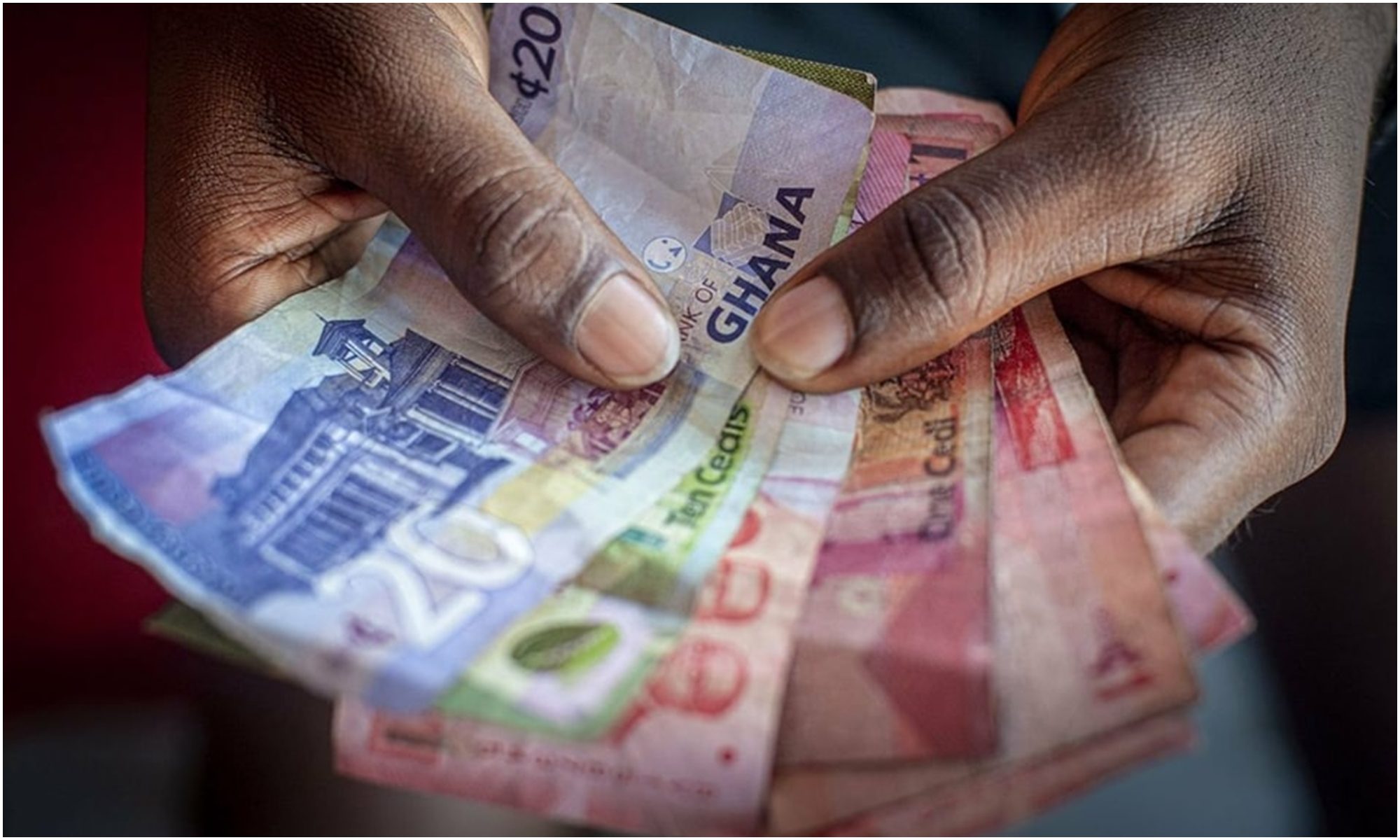 According to Gabriel Engmann, a currency trader with Accra-based GCB Bank, “there are local investors who now choose to invest in the foreign currency rather than keep cedi bonds because we don’t have any communication regarding how the restructuring will go.”
According to Gabriel Engmann, a currency trader with Accra-based GCB Bank, “there are local investors who now choose to invest in the foreign currency rather than keep cedi bonds because we don’t have any communication regarding how the restructuring will go.”The second-largest producer of cocoa, Ghana, saw a rise in demand for dollars as they stocked up on items before Christmas. The cedi reached a record low exchange rate of 13.1250 to the dollar. Within the 148 currencies tracked by Bloomberg, it has had the lowest performance this year.

Meanwhile, a follow-up expedition to Ghana will take place “expeditiously,” the IMF said on Thursday, noting that its discussions with Ghanaian authorities have been “fruitful.” The lender’s statement stated that the objective is to quickly come to “consensus on a structure and policies” for an IMF-supported program.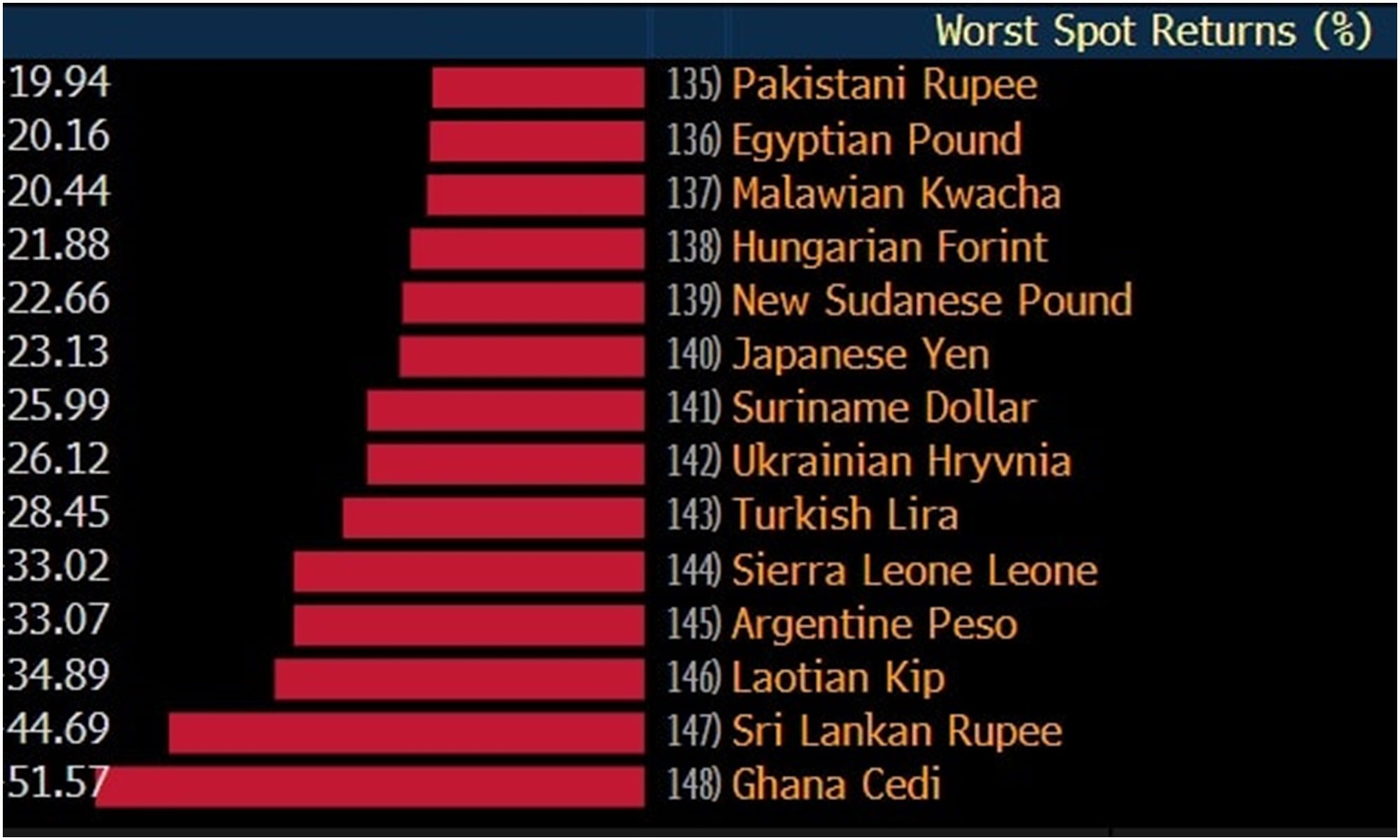




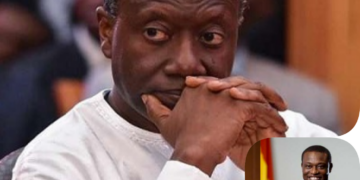

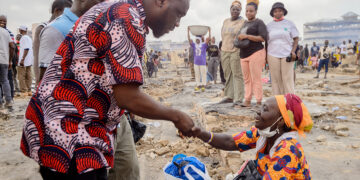


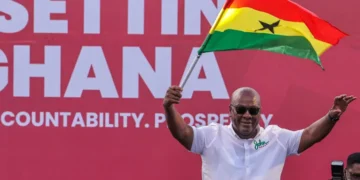











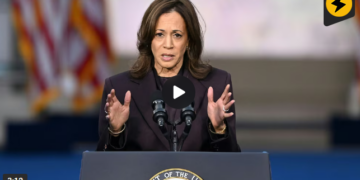

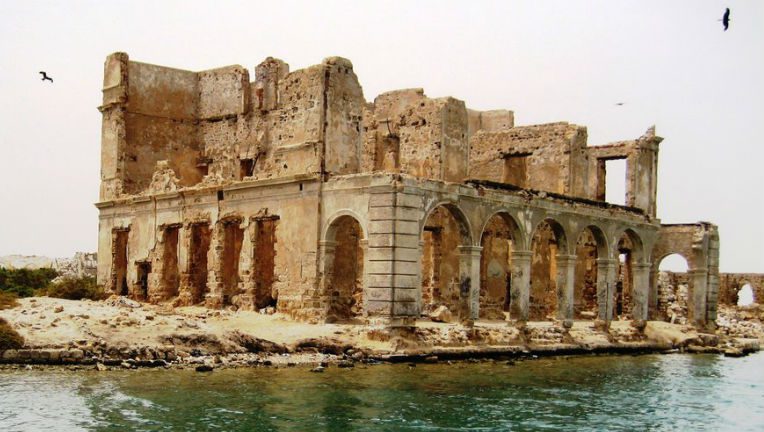































Discussion about this post